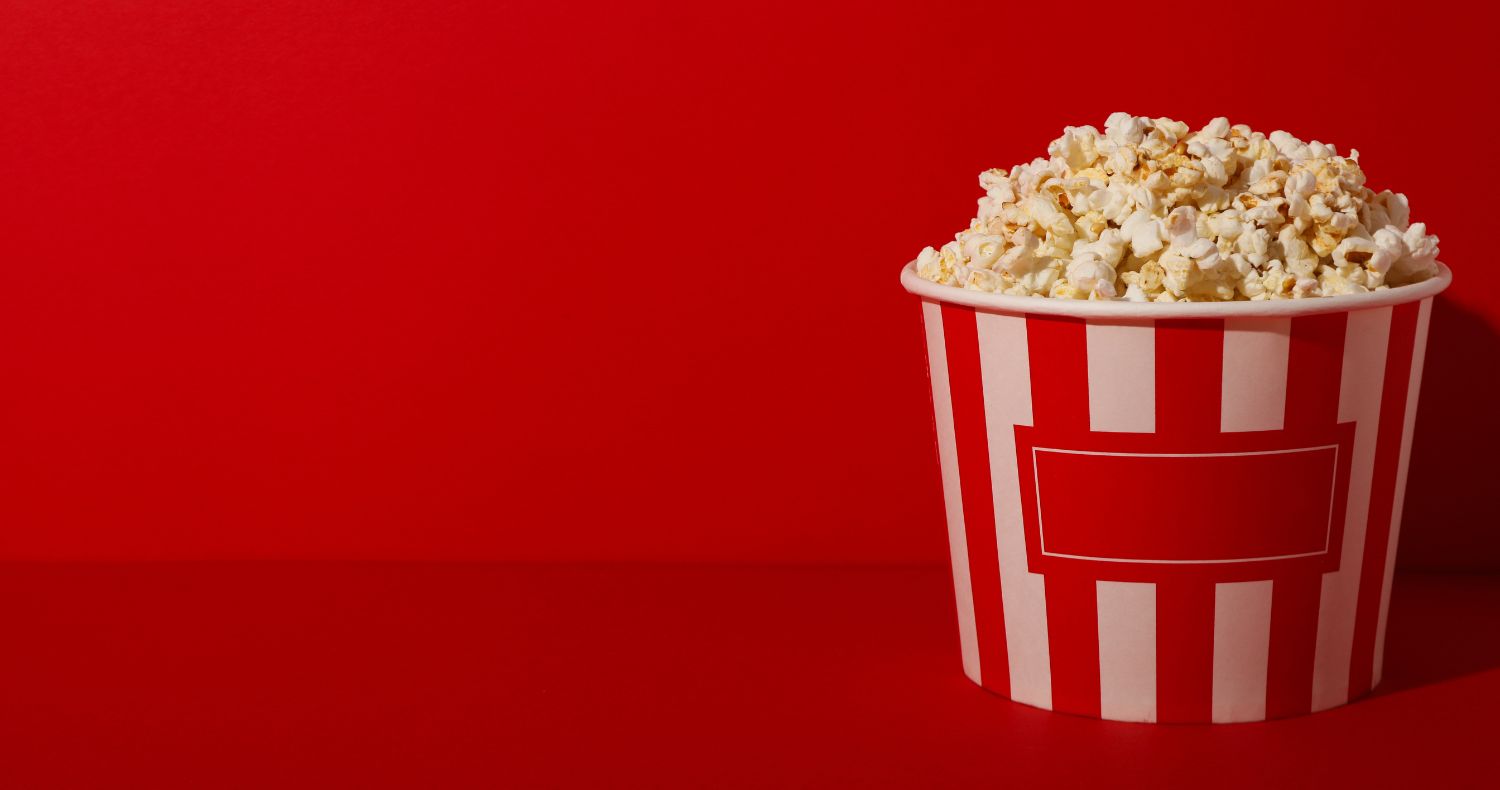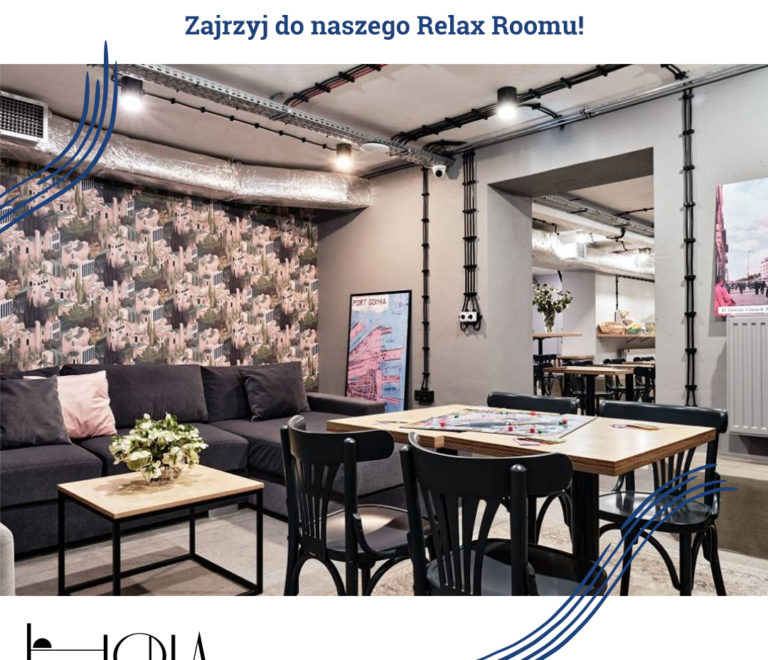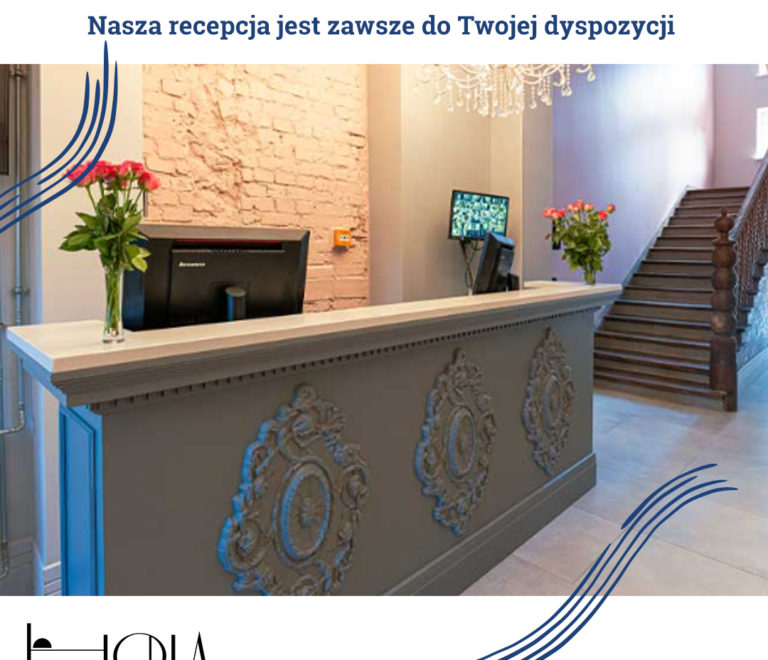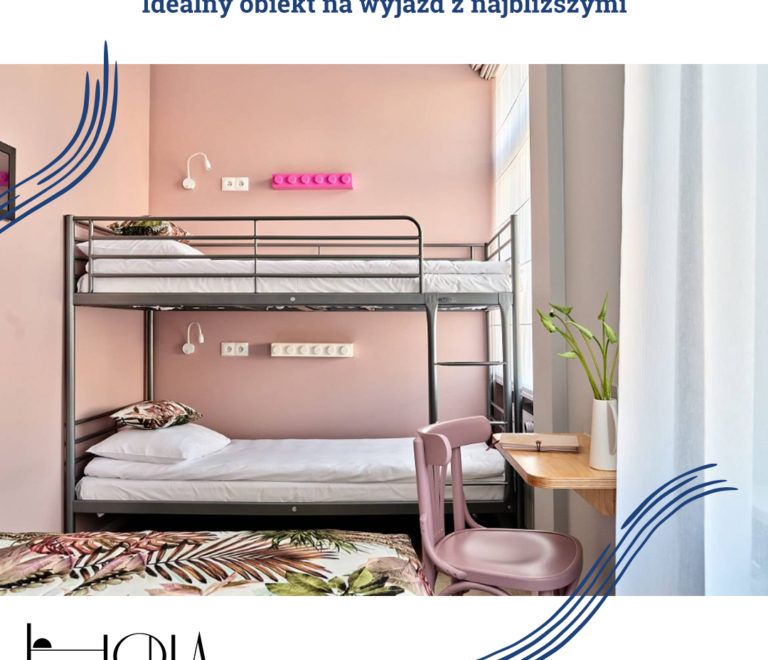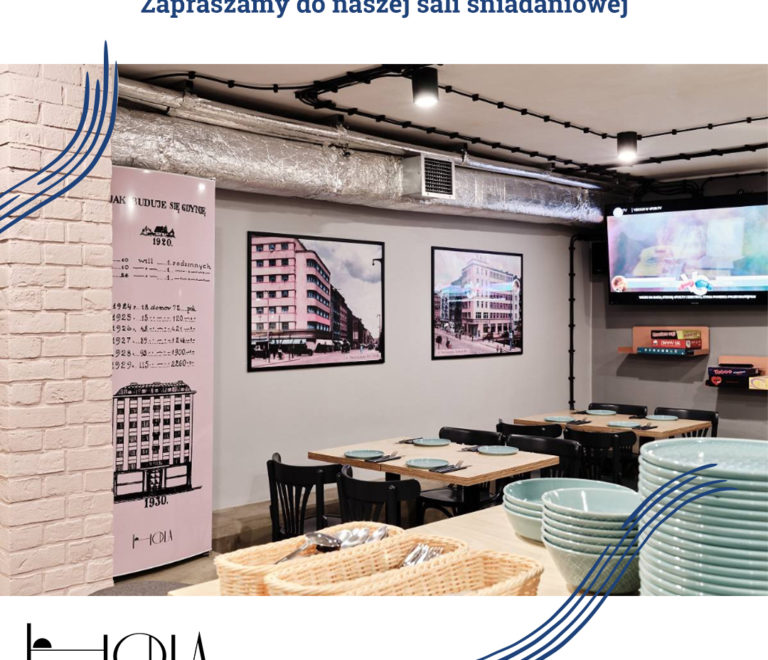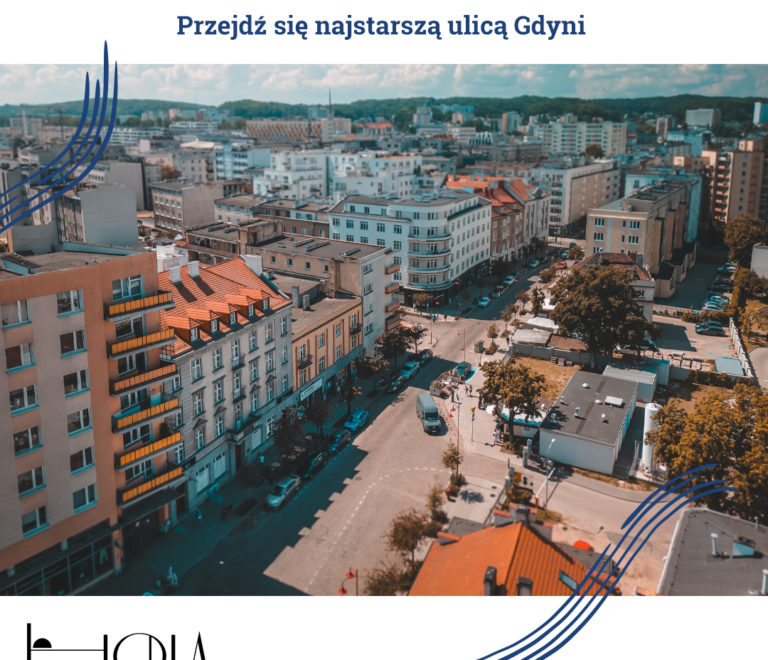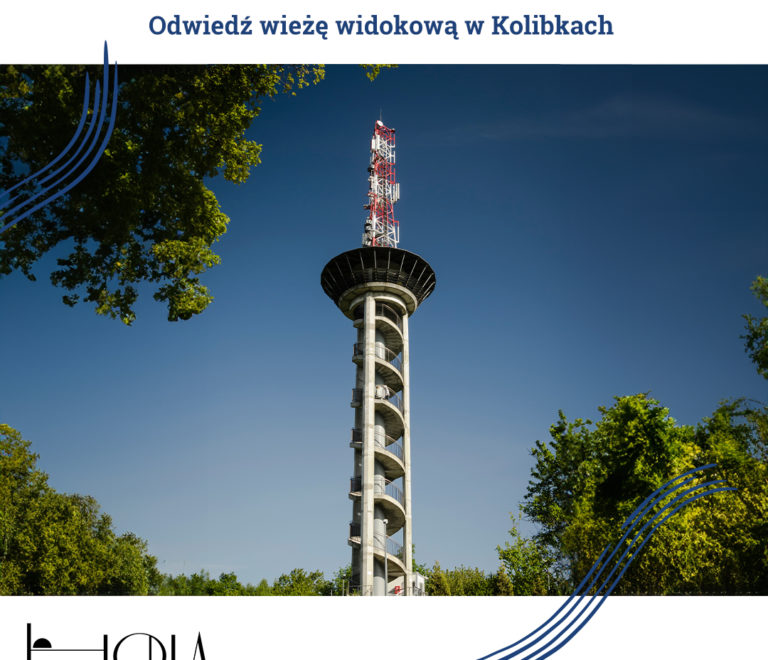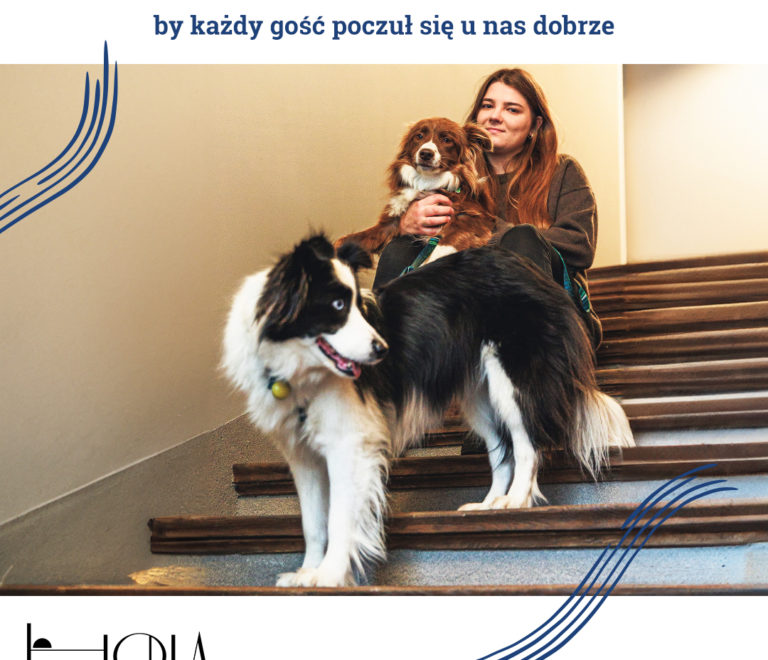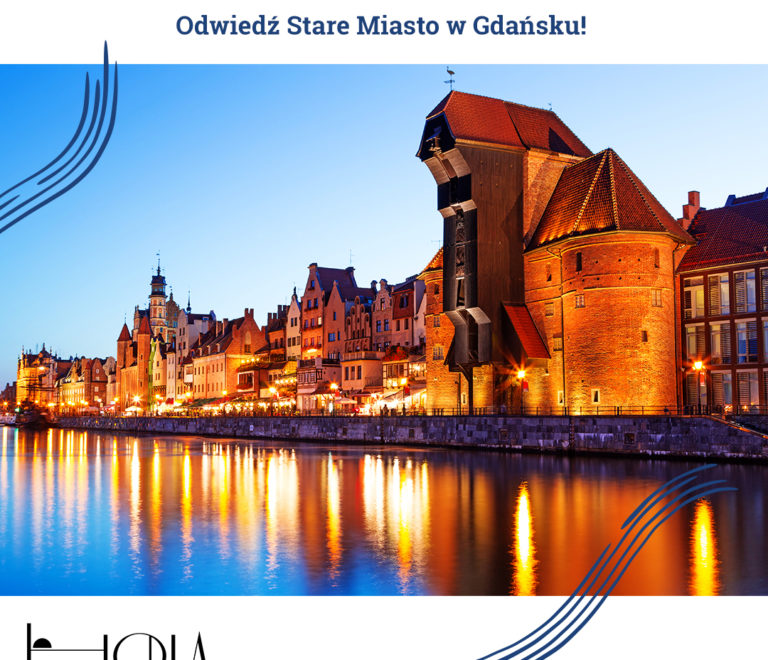The Polish Film Festival – the country’s most important event devoted to national cinematography – celebrates its 50th anniversary in 2025.
The jubilee edition is not only about competition excitement and the red carpet, but also the opening film Chopin, Chopin, a rich lineup of 16 productions in the Main Competition, a documentary section, a special exhibition at the Gdynia City Museum, and the nationwide project 50 for 50.
A brief history of the festival
The first edition of the festival took place in 1974 in Gdańsk, and a few years later the event moved to Gdynia, where it found its permanent stage at the Musical Theatre. Since then, every September the city has welcomed the biggest names in Polish cinema. The festival quickly gained the rank of the most important showcase of domestic film, and the Golden Lions became the award every director and producer dreams of.
Opening film – Chopin, Chopin
The festival will begin on 22 September 2025 with a gala at the Musical Theatre. The opening film will be Chopin, Chopin directed by Michał Kwieciński – a costume drama about Fryderyk Chopin, who in 1830s Paris was the darling of salons, the king of afterparties, but also an artist deeply aware of his own fragility. The creators emphasize that it is a story of passion, illness, and a life dedicated to music. The screening will be followed by a meeting with the film crew.
Main Competition – 16 films and great emotions
The jubilee edition features 16 titles in the Main Competition, including six debuts. The lineup includes both renowned names and young filmmakers. Among them: Franz Kafka by Agnieszka Holland, Dom dobry by Wojciech Smarzowski, Assassination of the Pope by Władysław Pasikowski, and Vinci 2 by Juliusz Machulski. Alongside them are new voices – Emi Buchwald with There Are No Ghosts in the Apartment on Dobra Street and Tola Jasionowska with Clarinet.
As Joanna Łapińska, Artistic Director of the festival, emphasizes, it is a diverse selection that best reflects the richness of contemporary cinema: from intimate dramas, through genre cinema, to large-scale productions.
Short films – the young generation of filmmakers
No less excitement comes from the Short Film Competition. For the jubilee edition, 32 films were selected – produced at film schools, within the “30 Minutes” program, or by independent producers. The short form provides a space for experimentation, but also for commentary on contemporary issues – war, migration, and the breakdown of social bonds. It is here that talents often emerge who will later enter the Main Competition.
Documentaries in Gdynia
The FPFF is not only about fiction. For several years, the “Documentaries in Gdynia” section has played an increasingly important role, and this year it features seven films. The audience will see, among others, the IDFA-awarded Trains by Maciej Drygas, the moving refugee story The Guest by Zuzanna Solakiewicz and Zvika Gregory Portnoy, as well as Silver by Natalia Koniarz about work in the silver mines of Potosí, Bolivia. There will also be documentary portraits of Polish cinema masters – Andrzej Munk and Wojciech Jerzy Has.
Exhibition On the Wave of Time
The jubilee is accompanied by a special exhibition at the Gdynia City Museum. On the Wave of Time is a narrative journey through fifty years of the festival – from its beginnings at the DKF “Żak” in Gdańsk, through years in Sopot and Gdańsk, to today’s presence at the Musical Theatre. Visitors will see unpublished documents, memorabilia, photos, and Golden Lion statuettes that have changed form over the years. The exhibition consists of 12 thematic modules and allows visitors to experience the magic of cinema beyond the screening room.
Tickets cost 20 PLN for adults and 12 PLN for children, with free entry for FPFF accreditation holders. The opening will take place on 22 September, just before the start of the festival.
FPFF – a jubilee across Poland
The 50th anniversary celebrations are not limited to the Tri-City. The 50 for 50 project is a nationwide series of film screenings held throughout the year in 34 cities – from Warsaw and Kraków to Sejny, Hrubieszów, and Lubomierz. In total, as many as 57 institutions – cinemas, cultural centers, film clubs, and film schools – are taking part. Thanks to this, the history of the festival reaches audiences all over the country.
Atmosphere and practical tips
Festival days in Gdynia are not only screenings and awards. They also include meetings with filmmakers, discussions, workshops, and open-air shows that attract not only critics and the film industry but also a broad audience. The main screenings take place at the Musical Theatre and the Gdynia Film Centre – both located in the city center, close to the beach and the promenade.
Tickets and accreditations are worth booking in advance, and if you are planning a trip, it is advisable to secure accommodation early – for example at Hola Gdynia, located right next to festival venues. September in Gdynia is a time when the city lives and breathes cinema, and the atmosphere is contagious – whether you watch every competition screening or just drop in for one film and a walk by the sea.
Coming to the festival is also a great opportunity to rediscover Gdynia. A walk along the promenade, the view from Kamienna Góra, the Orłowo cliffs, or the modern Gdynia Film Centre are just some of the attractions. The city itself is inspiring – modernist architecture, the closeness of the sea, and cultural energy make it the perfect backdrop for a film celebration.
Summary
The 50th Gdynia Polish Film Festival is a grand celebration of Polish cinema. Half a century of history, hundreds of films, thousands of memories – and a new generation of filmmakers shaping the future. The jubilee edition reminds us that Gdynia is not only a port and a modernist city by the Baltic, but above all the place where the heart of Polish cinema has been beating for five decades.

